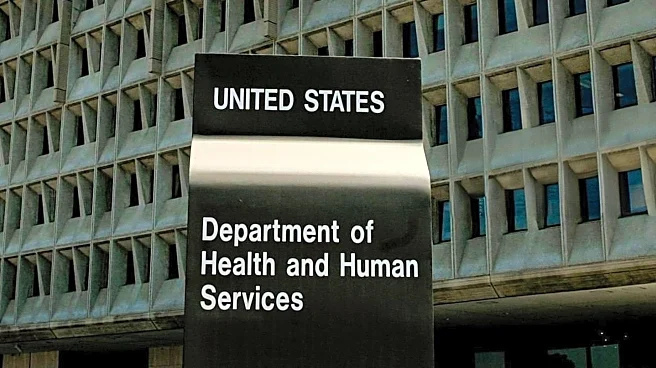What's Happening?
Melissa Tran, CEO of ProsperityEHR, discusses the challenges and steps for behavioral health providers to prepare for 42 CFR Part 2 compliance. The revised regulations require clinics to collect, segment,
and share patient data related to substance use disorder (SUD) treatment with explicit patient consent. Tran highlights the technical, legal, and financial challenges faced by providers, particularly in rural or underserved areas. She emphasizes the importance of conducting system audits, investing in targeted training, and aligning compliance planning with financial strategy.
Why It's Important?
Preparing for 42 CFR Part 2 compliance is crucial for behavioral health providers to ensure the privacy and security of patient data. By adhering to the regulations, providers can improve data governance, enhance patient communication, and strengthen partnerships with referring organizations. This approach could lead to better patient outcomes and more effective management of SUD treatment.
What's Next?
Providers may focus on implementing the necessary changes to their EHR systems and workflows to comply with the regulations. Collaboration with technology vendors and legal consultants may help address the technical and legal challenges. Future research may explore the impact of compliance on patient care and provider operations.
Beyond the Headlines
The article raises ethical considerations regarding patient consent and data privacy in behavioral health. The impact of compliance on healthcare costs and resource allocation should be explored.











